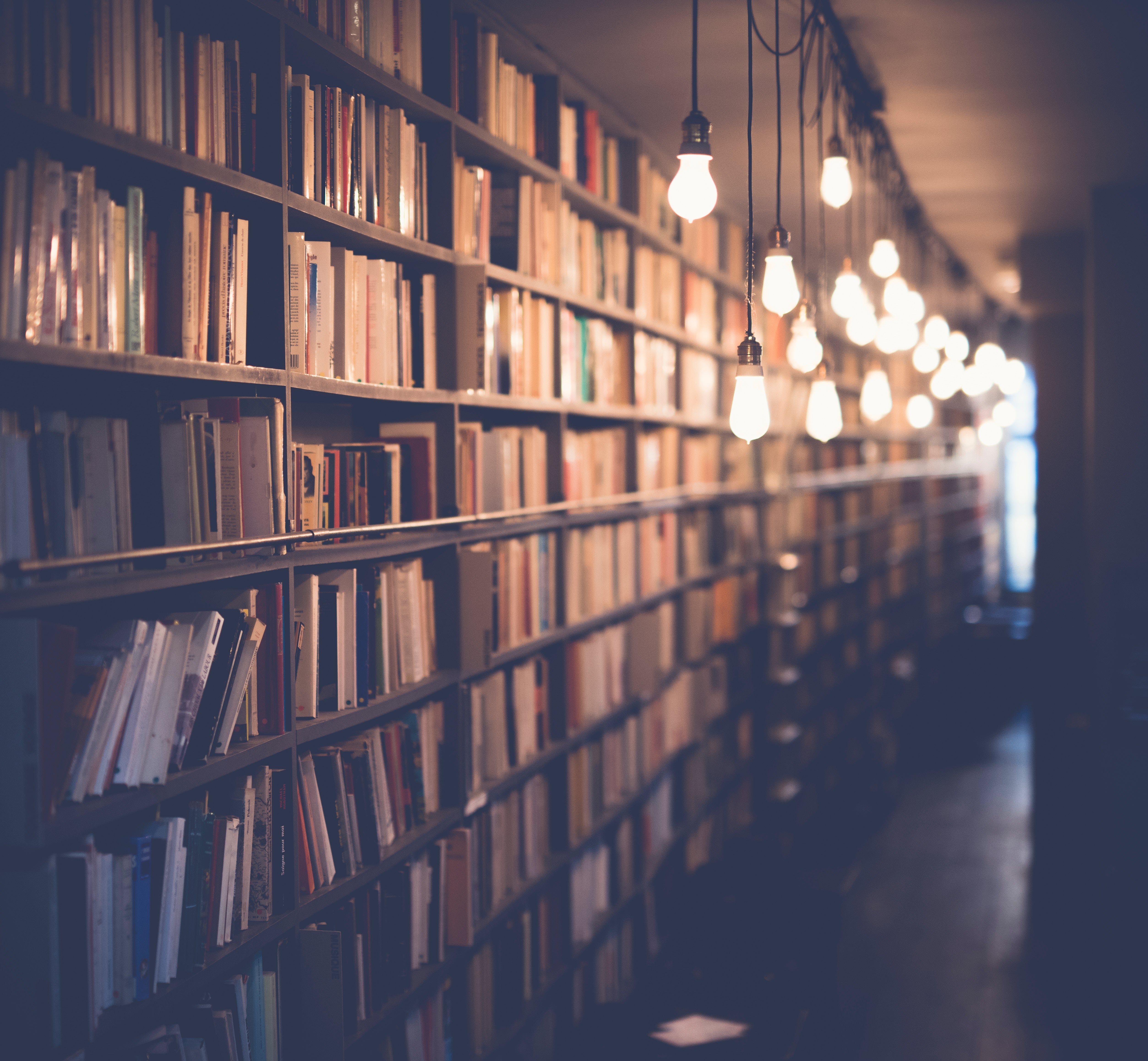International Bookshelf FAQ
What is this blog?
International Bookshelf: Women in Translation is a review blog dedicated to women in translation. I’m interested in works by writers who identify as women in English translation. To cast as wide a net as possible, translators of any gender identity are acceptable, though I’m open to doing a feature on female translators. Translators need greater recognition and I will make every effort to acknowledge their exceptional work on this site.
My goal is to incorporate literature from as many languages and cultures as possible. In addition to prominent and established authors and translators, I’d also like to learn more about those who may be less well-known. Please help me make that happen with content suggestions.
Why women in translation?
As passionate as I am about this topic, I know that the term “women in translation” is not without issues. First, why only women? Second, why isolate works in translation? Doesn’t it increase the divide between translated and non-translated books in English?
Although I try to keep as extensive and varied a reading list as possible, the lack of female authors in English translation is an ongoing concern in the publishing industry. In one respect, it is an exciting time, especially since Marilyn Booth’s translation of Omani author Jokha Alharthi’s Celestial Bodies won the 2019 Man Booker International Prize. Yet recent numbers are concerning. Using the research of Chad Post’s Three Percent translation database, Meytal Radzinski showed that as of August 2018, just 31% of the works translated into English are by women. August is now Women in Translation Month and major awards are an excellent start, but greater awareness is essential to keep the momentum going.
So, why does this discrepancy matter? Unfortunately, translated works aren’t read nearly as widely in English as in other languages, making the fraction of international women writers available in translation even smaller. While treating literature in translation as its own genre is far from ideal, this approach allows International Bookshelf to focus on women writers who deserve both attention and/or acclaim from English-speaking readers. We have to start somewhere to fight this cultural vacuum.
Who are you?
My name is Emily Hershman. I recently finished my PhD in English at the University of Notre Dame, and when I looked up from my dissertation on modernism and warfare, I realized two important things. Some of the most innovative books on my reading list were (and remain) translated works by women from across the world. But when I began to search for more from these authors, it became extremely difficult to find them in English. International Bookshelf opens an avenue for dialogue through reviews, reactions, and recommendations.
How can I contact you?
Reading suggestions are welcome at any time. Please email me at intlbookshelf@gmail.com or leave a comment. Thanks for reaching out!
Background photo credit: Janko Ferlic, “Light Inside Library,” via Pexels.
